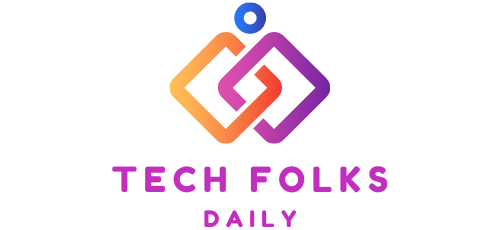Technologies such as Artificial Intelligence and Big Data have much to do with digital transformation in law firms.
One premise we must be clear about is that when a law firm embarks on a digital transformation process, it cannot cover all the processes on its own but rather has to look for partners to help it plan the phases to carry it out. Carry out that transformation most easily and least expensively. It is important to know the scope of the technology, but from here to try to make Artificial Intelligence solutions, there is a long way to go.
When discussing digitization in a company, we must discuss three layers: people, processes, and technology. Contrary to what many think, technology is just a tool for the company structure’s service.
We must include all of the three layers since they complement each other. The implementation of a technological layer requires a prior reflection on the people and on the structure of the company.
We must remember that when a law firm embarks on a digital transformation process, it does so because it will improve the last link in the chain: the client. The customer is the one that will have an impact on all digitization.
How can a law firm harness the potential of AI?
The legal sector is very susceptible to applying Big Data techniques since a lot of information is available: contracts, forms, and judicial decisions, among many others. These documents have a certain structure, in many cases marked by law, but even so, they are classified as unstructured data.
In the legal sector, where can Artificial Intelligence and, specifically, Natural Language Processing be applied?
It is true that in the legal sector, there is a large amount of data with a certain structure, but it must be taken into account that much of this data is elaborated in natural language, which indicates that it cannot be interpreted by a machine, but must be carried out a conversion process.
These are some examples in which AI and, specifically, Natural Language Processing help improve the work of a law firm:
- Documentary review. There are processes by which a lawyer has to review contracts or other types of legal documents. They are arduous processes that consume much time. Thanks to NLP techniques and automatic learning or Machine Learning, certain parts can be automated so that it is the machine that determines if a certain clause exists or not or if it is wrong.
- Document classification. Classify documents such as contracts, judgments, declarations, etc. It is a task that is currently done manually. Through NLP techniques, we can find out what is said in the document and extract that information to classify the documents according to their type. For example, judgments can be classified according to whether the ruling was final, according to its result, or whether the ruling is appealable.
- Creation of intelligent alerts. Through public information, such as Google, alerts can be created in order to detect topics of interest that have changed, such as a regulation, a law, or a resource, which may be relevant to a specific case and be able to make a new decision more quickly.
Implementation of Artificial Intelligence in a law firm
The implementation of Artificial Intelligence in law firms takes much work. In the legal sector, many firms wait to see what success others have before applying it to theirs. Currently, it is the large law firms that lead the implementation of Artificial Intelligence in the processes, and it is these that will drag the rest of the law firms.
How is this technology applied in a small office? The first thing to know is the data that is handled since a small office only works with a small volume of information. One advantage is that small offices are more flexible when implementing processes, technology, etc.
A very positive point would be to have open data in jurisprudence. It would bring many benefits to the legal sector and would be a milestone for developing these technologies since data is the fuel of algorithms.
Artificial Intelligence and lawyers
Artificial Intelligence is not going to make jobs disappear as many fear, but it is going to transform and create new jobs, which will force many professions to reinvent themselves, and this is where Human Resources departments have to get involved.
Knowledge-based companies, such as law firms, have a great ally in AI and Machine Learning that acts as a catalyst to do different things or spend their time doing more productive tasks.
Also Read : Artificial Intelligence: Present And Future Scenarios




